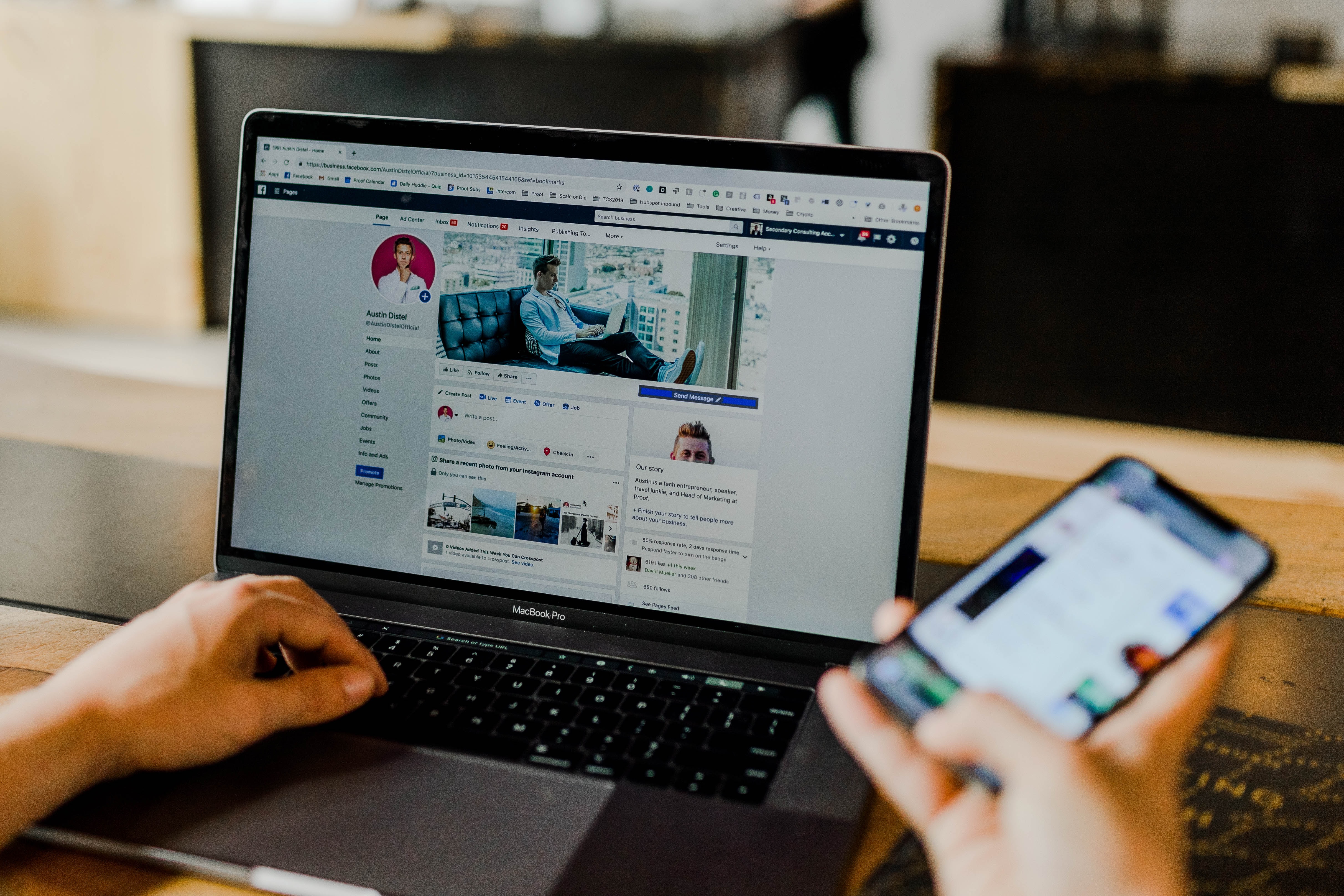Managing your screen time during lockdown
Being at home all day in lockdown results in many of us spending more time now than ever socializing, working, informing and entertaining ourselves online.
In 2019, the average American already checked their smartphone 96 times a day. Studies have linked heavy smartphone use to stress, depression and anxiety, with too much social media particularly found to affect our mood. Most of us have also likely noticed the research-backed negative effects of tech overuse on our sleep, focus and our productivity at home.
Tech insiders like “Center for Humane Technology” co-founder Tristan Harris have shared their concerns for the ability of smartphones (in particular) to take advantage of our brains’ dopamine system, and the human bias for intermittent and novel rewards. Many of us frequently check our email or go into social media rabbit holes without consciously choosing to. The mixture of boredom, anxiety and lack of IRL contact can make us even more prone to excess screen time during COVID-19 lock down.
If you’re feeling brain-fried or distracted by tech at home, here are some ways to help:
1. First off, face up to the undeniable usage stats
We can check usage-tracker apps like iPhone’s Screen Time, or Digital Wellbeing for Android to see how much time we spend on our smart devices— usually it’s way more than we realise! See which apps you might be wasting time on the most, set targets and get competitive with yourself to reduce your time spent on them each day.
2. Make your surroundings less conducive to distraction
As behavioural expert James Clear shares in his bestselling book, Atomic Habits, to reduce the repetitions of negative habits, we should make them more difficult to do.
We can set up our physical environment to make it harder to constantly check our devices:
– Designate a phone-free room (like your bedroom) – use a regular alarm clock and charge your phone outside of the bedroom;
– Ban your phone during certain times of day (like from 9pm to 9am);
– Keep your phone out of arm’s reach, on airplane mode, when you are working;
– Make your work space as pleasant as possible – with a house plant or view from the window to help reduce boredom;
– Place superfluous tech out of sight, in a box or drawer, when you are not using it.
3. Optimise your digital environment
Make your phone’s interface less distracting:
– Turn off all-but-essential notifications and pop-ups;
– Delete as many social media (and other potentially time-wasting apps) as you can to declutter your home screen;
– Log out of the apps you do keep that are prone to distract you;
– Organise your apps into folders and move these around weekly, so that you are less likely to automatically open them;
– Set time limits on certain apps or your phone in general using a usage tracker like Thrive;
– Put your phone on grayscale setting – this is thought to make our screens less attractive to use;
– Check your emails and social media only at scheduled times of day – set a calendar alert or use an app like InboxWhenReady;
– Watch news updates once a day, but don’t have it on in the background. Over-consuming mainstream news is known to boost anxiety levels even during “normal” times. Listen to your favourite relaxing music, nature sounds, Brain.fm, or check out Positive News instead.
4. Take up offline hobbies at home instead
Read a physical book, learn to cook, do a work-out, play board games, get some sunshine and exercise outside (following local social distancing rules), do your housework, paint, sing or dance to your favourite music, take a bath, meditate. If you live with people – spend quality time with them.
Take a break from tech to learn a new skill, get active or connect with nature.
5. Further reading
For more information on managing your tech usage, you can check out:
– “How to Break Up With Your Phone” by Catherine Price for tips and a 30-day cleanse;
– Mind: Unlocked’s “Finding Digital Balance” blog post;
– Time management expert Nir Eyal’s books and Ted Talk on managing technology habits;
– The Center for Internet and Technology Addiction’s “Digital Distraction” test – see if you need to make a change!
– Check out this list of cost-effective alternative ideas on LifeHack for entertaining yourself at home.
Jessica Warren is co-founder of Mind: Unlocked – a mental well-being business that provides practical tools, courses and workshops to help people cope with the stress of everyday modern life. She has been featured as a wellness speaker on BBC Radio and at conferences like Wanderlust and Eurekafest; and writes for Thrive Global, Economia Magazine, and the StartUp and P.S. I Love You publications on Medium.


